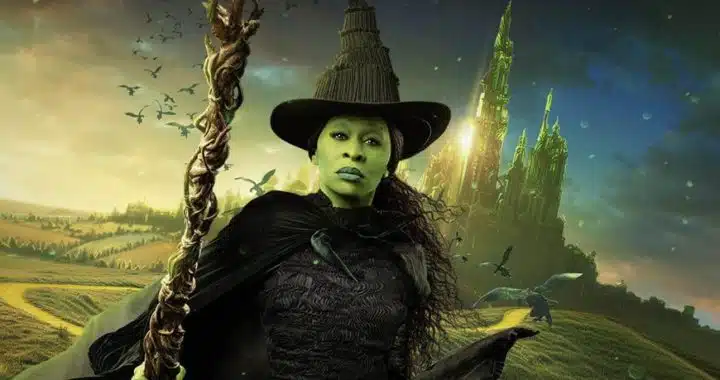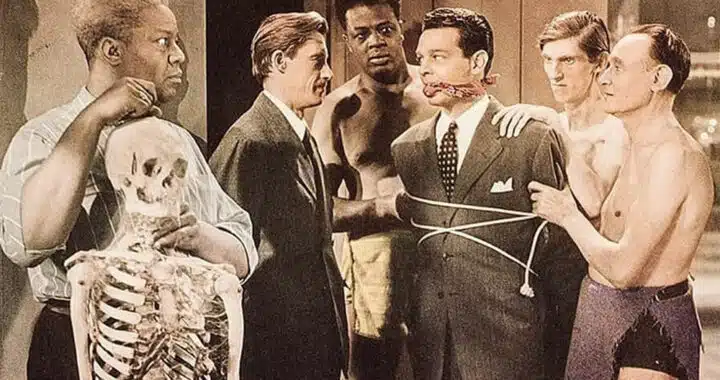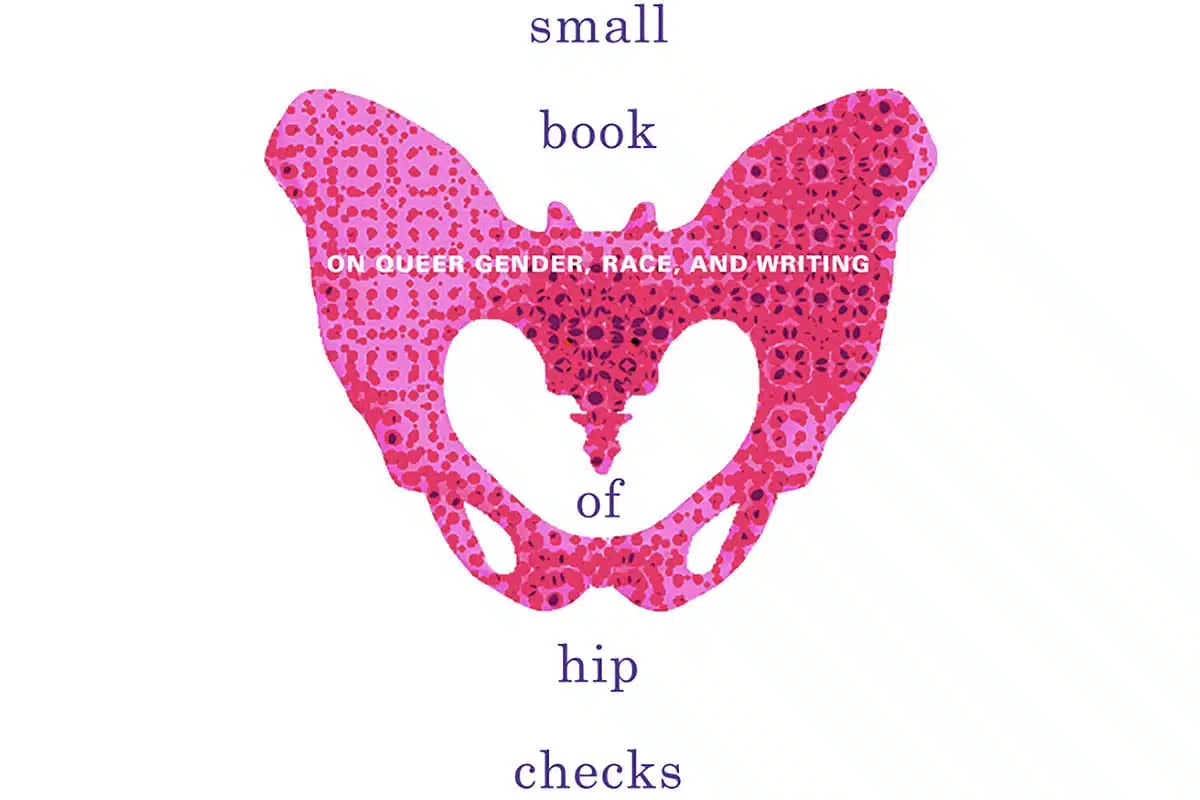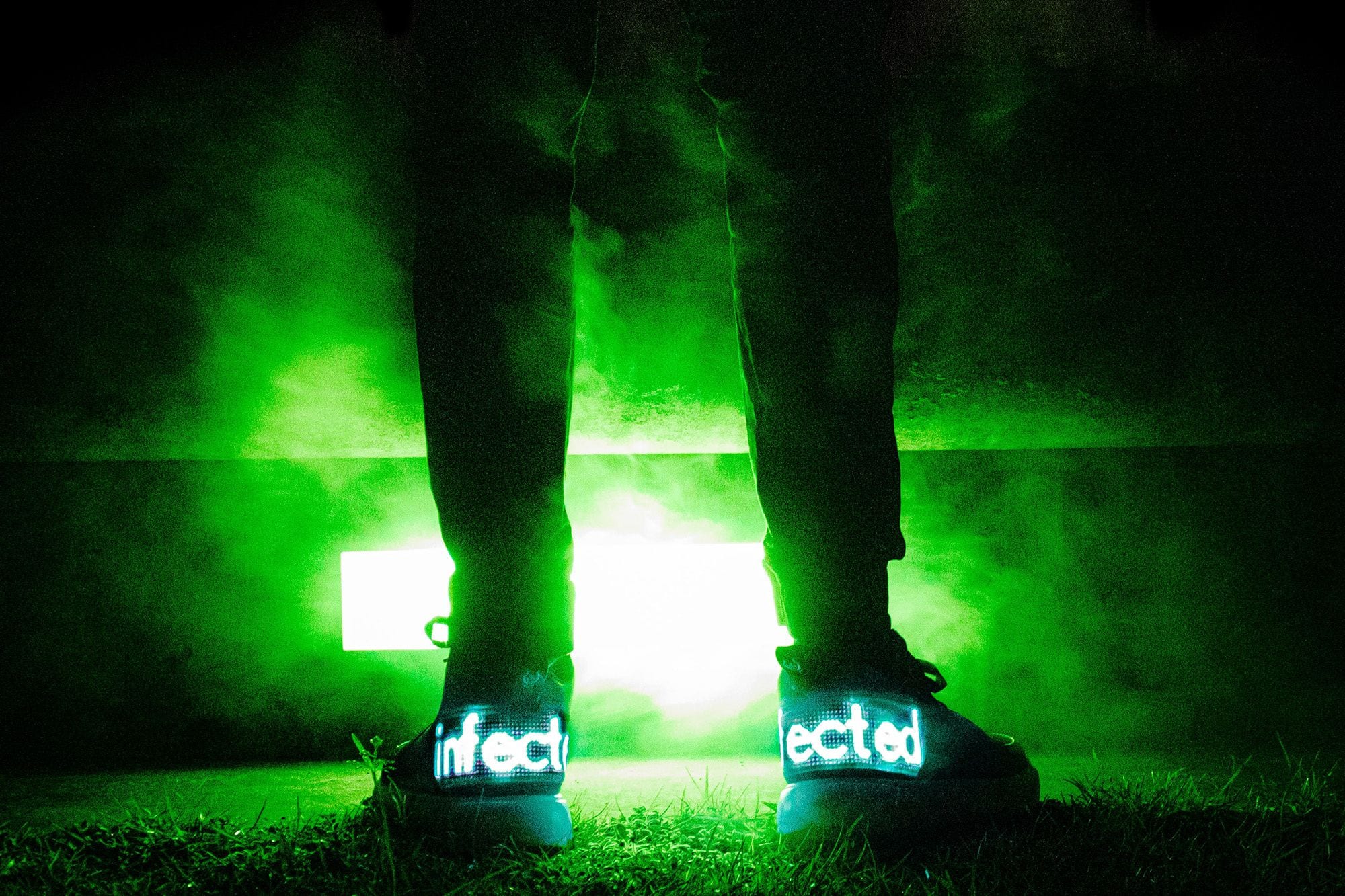
It Ain’t Easy Being Green in Wicked’s Hollywood
In Wicked: Part 1, “normal” citizens come in all skin colors – except green. It ain’t easy being green in Wicked’s (or America’s) Hollywood.

In Wicked: Part 1, “normal” citizens come in all skin colors – except green. It ain’t easy being green in Wicked’s (or America’s) Hollywood.

Revenge of the Zombies stands at the axis of Nazis, race relations and feminism in a mishmash of wartime themes under an immigrant director.

Why do K-pop’s Asian pop stars get less recognition in the Land of the Free than non-Asian pop stars in the Land of the Morning Calm?

Hans Kundnani’s Eurowhiteness is a take on racism from a European perspective, which is as forward-looking as it is occasionally short-sighted.

Little Richard brought a sheer exhilaration that was sexual, spiritual, and joyous and put it to music like no other. Lisa Cortés excellent documentary does the man justice.

Erica Rand applies the sports method, “hip checks”, to explore race and gender bias in ‘The Small Book of Hip Checks’.

Rebecca Hall's Passing has a distance to it affirms the film's message but it doesn't necessarily make for appealing cinema.

In this excerpt of Black in the Middle, PopMatters‘ Mark Reynolds compares the nearly identical racial divides in his cities, Cleveland and Chicago, that to this day are stubbornly entrenched.

Nicholas Buccola's The Fire Is Upon US is, at times, marred by glibness, impatience, and ahistorical tendencies that suggest, to an extent, it is also a reflective of the deteriorating conditions that mark our public discourse in 2020.

Zadie Smith's Intimations is an essay collection of gleaming, wry, and crisp prose that wears its erudition lightly but takes flight on both everyday and lofty matters.

There's a song performed in James Whale's musical, Show Boat, wherein race is revealed as a set of variegated and contradictory performances, signals to others, a manner of being seen and a manner of remaining hidden, and it isn't "Old Man River".

Although Andre Perry's essays in his debut, Some of Us Are Very Hungry Now, traverse various geographical journeys, they are, overall, ballads, images from the self, the man isolated and marginalized in other countries and in his own land.